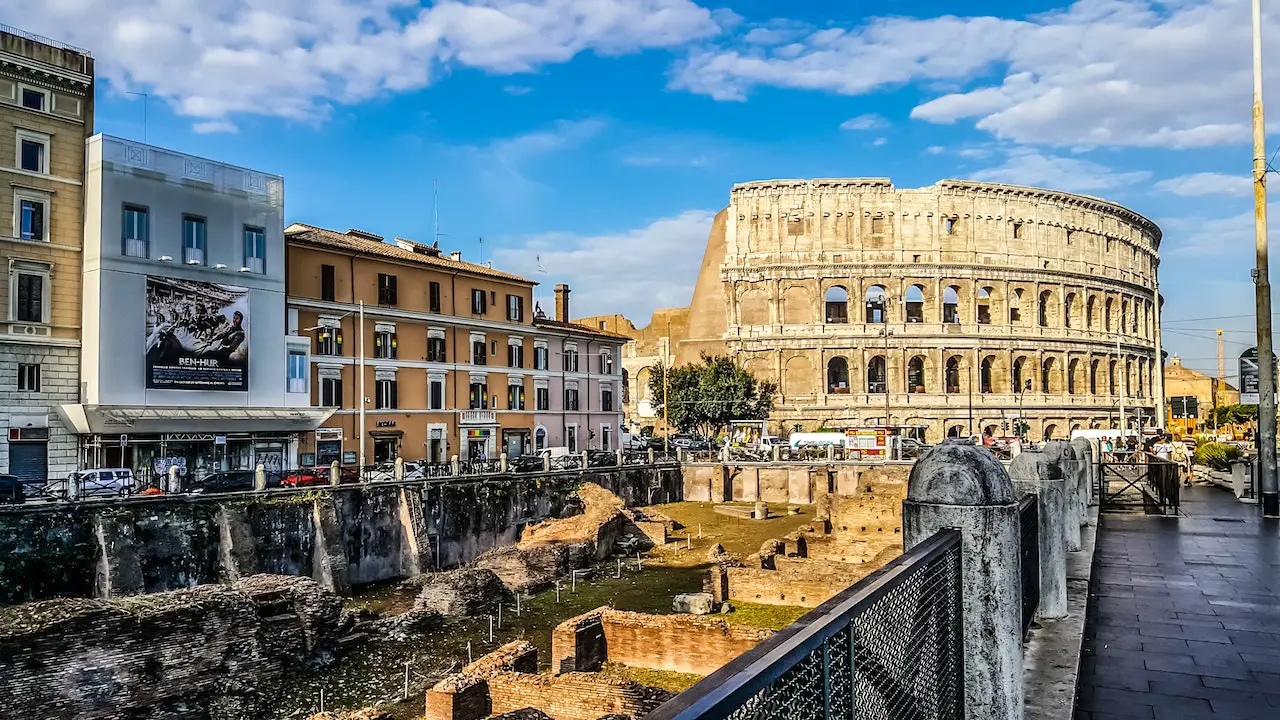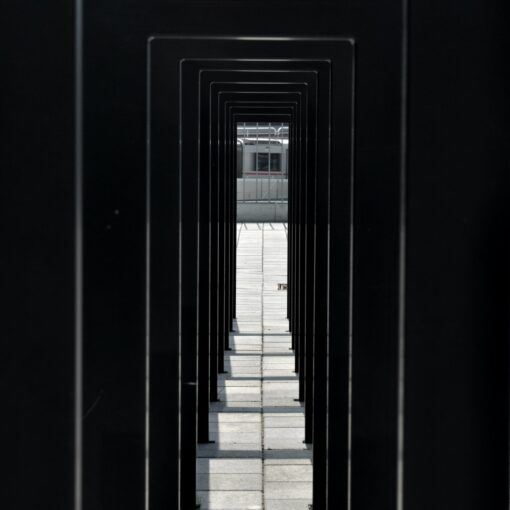The history of critical thinking stretches all the way back to Socrates, who was around from 470 BC to 399 BC. So, almost 2,500 years ago. This means one could easily write an epic tome on the history of critical thinking, and we are positive there are a ton of great books out there that you can read. Our job? To condense all of the history of critical thinking down into a single blog post.
We can’t possibly cover everything about the history here. We do want to touch upon the main points, though.
Confucious
Confucious (born 551 BC) is an influential Chinese philosopher. Some that would argue that he was the world’s first critical thinker, at least from what we know. However, much of critical thinking history seems to exclude Confucious. This is because his work wasn’t really about critical thinking. It was more philosophical statements. Still, many of those statements line up with what we think of critical thinking today.
Socrates (and a Little Bit of Plato)
While there may have been people dabbling in critical thinking before this, the first reference we have to critical thinking comes from Socrates. He was a teacher of critical thinking Plato, one of his students (424 BC to 347 BC) told us all about it. Although nothing survives from the teachings of Socrates, we do know that his teachings covered ethical dilemmas such as whether it is fine for a person to escape from prison (Socrates said it wasn’t, which it isn’t).
Plato continued the discussions that Socrates had, although most of what Plato did was fawn over the teachings of his mentor. By this point, the concept of Socratic Questioning was born. It wasn’t called that yet, though. That term is much more recent.
Shortly after this, all of the major Ancient Greek Philosophers were getting into critical thinking, including Aristotle.
Abu Nasr Al-Farabi
We are skipping ahead a few hundred centuries here. Abu Nasr Al-Farabi (870 to 950) is a very important critical thinker, but one that is rarely mentioned in the history of critical thinking.
This man loved Aristotle, Plato, and Socrates. At this point, their teachings were pretty much confined to Europe. Abu Nasr Al-Farabi took those teachings and introduced them to the Muslim world. This introduced critical thinking to a whole new part of the globe!
St. Thomas Aquinas
St. Thomas Aquinas (1225 to 1274) was an Italian priest. Many books have been written about him, and he was the most influential thinker of this period. Much of what he was thinking about during that time is influencing us even now.
While St. Thomas Aquinas was a religious man, he wasn’t opposed to science. He came up with a concept called Thomism, which is a subset of natural theology. It isn’t really critical thinking, but it was important to his career. Natural theology was all about using science to demonstrate the existence of God, and not just the scripture.
He is another guy that was a massive fan of Aristotle. So much so that he introduced the teachings of Aristotle to the Catholic Church. A lot of the things that St. Thomas Aquinas wrote about back then are used in political systems, ethics, etc. to this day.
1500s to the 1700s
A lot happened during this period when it came to critical thinking. We have four people that we want to mention:
- Sir Francis Bacon
- Rene Descartes
- Sir Isaac Newton
- Benjamin Franklin
Francis Bacon was incredibly important to the history of critical thinking. He came up with a concept called The Scientific Method. if you have attended school, then you will know exactly what it is:
- Hypothesis
- Experiment
- Conclusion
So, you have an idea, you put it to the test, and you reach a conclusion. This concept, while used heavily in the world of science, is a structure that many modern critical thinkers use.
Rene Descartes came up with the much-repeated “I think; therefore I am” concept. He certainly relied heavily on critical thinking in what he did. Not only was he an educated philosopher, but a top scientist and mathematician.
Isaac Newton is perhaps best known for discovering gravity, but he was a very accomplished scientist outside of that. Everything he did had a lot of testing behind it. So, while the common story is that an apple fell on his head and he discovered gravity, it was an idea he had been tinkering about with for a while, and likely continued to tinker about with long after that apple had been eaten.
As a founding father of the United States, Benjamin Franklin was famed for his critical thinking related to politics.
You can even bring in the main thinkers of the French Enlightenment in here:
- Bayle
- Voltaire
- Diderot
- Montesquieu
Their theories spread throughout Europe, and some may argue that these helped to trigger the scientific revolution later on.
Don’t forget about Adam Smith and his political theory books, the most notable being The Wealth of Nations, which is still discussed in political and legal courses around the world. This book even influenced the Declaration of Independence.
The 1800s Onwards
Charles Darwin is the first person we want to mention here. While he is best known for his Theory of Evolution, he had another book called Descent of Man. While this book did mention his evolutionary theories, the main goal was to look at the evolution of man, both from a biological and a mental standpoint. It touched upon the development of culture, language, etc. This book leads to critical thinkers in anthropology and linguistics. In fact, both of those fields developed purely because of Darwin.
In 1906, William Graham Sumner brought his critical thinking theories to school, and he discussed heavily how important critical thinking is in every part of our lives. Many of his critical thinking theories related to schools helped to shape education in later decades.
Albert Einstein was another well-known critical thinker, although he isn’t often regarded as such. He was much praised for his ability to get to the root of an issue. Of course, he developed a number of scientific theories himself.
Conclusion
This is just a brief overview of the history of critical thinking. There are so many other names that could have been included in this list. However, we think that you are off to a great start here. You have some of the finest critical thinkers of their time. Pick up some of their works, and you will have a solid idea of how the history of critical thinking has developed.
References
https://en.wikipedia.org/wiki/Critical_thinking
https://blog.futurefocusedlearning.net/critical-thinking-timeline
https://en.wikipedia.org/wiki/Thomas_Aquinas
https://www.theclassroom.com/relationship-between-scientific-method-critical-thinking-19049.html
https://www.macat.com/post/10-examples-of-critical-thinking-that-changed-the-world





